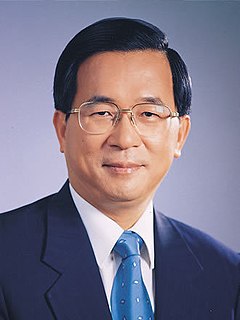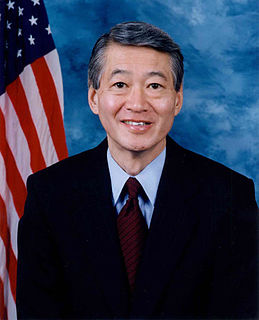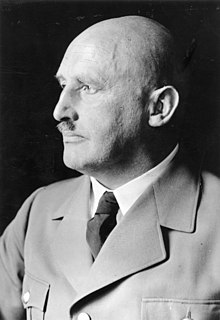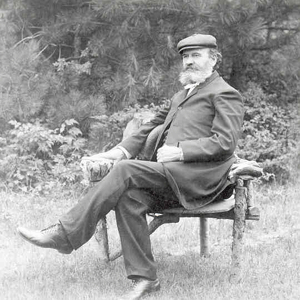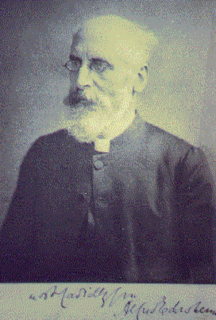A Quote by Bhagat Singh
I had only one idea before me throughout the trial, i.e. to show complete indifference towards the trial in spite of serious nature of the charges against us.
Related Quotes
To me, one of the big silver linings of the Simpson trial is the advances we've made in understanding domestic violence as a lethal problem. Before that trial, I think there was a widespread sense that it was a family affair, a normal part of a relationship, not really a crime. The reality is that it's very much a crime, and a very serious one.
Judge and prosecutor had hammered it home that Lady Chatterly was an immoral woman, that she had had sexual relations before marriage, that she had committed adultery under her husband's roof; as if these charges somehow disqualified her from participation in serious literature. Indeed, there were long periods of the trial during which an outsider might well have assumed that a divorce case was being heard.
There are two ways of getting out of a trial. One is simply to try to get rid of the trial, and be thankful when it is over. The other is to recognize the trial as a challenge from God to claim a larger blessing than we have ever had, and to hail it with delight as an opportunity of obtaining a larger measure of divine grace.
We cannot understand the meaning of many trials; God does not explain them. To explain a trial would be to destroy its object, which is that of calling forth simple faith and implicit obedience. If we knew why the Lord sent us this or that trial, it would thereby cease to be a trial either of faith or of patience.
Faith by its very nature must be tried, and the real trial of faith is not that we find it difficult to trust God, but that God's character has to be cleared in our own minds. Faith in its actual working out has to go through spells of unsyllabled isolation. Never confound the trial of faith with the ordinary discipline of life. Much that we call the trial of faith is the inevitable result of being alive.
Socrates was the chief saint of the Stoics throughout their history ; his attitude at the time of his trial, his refusal to escape, his calmness in the face of death , and his contention that the perpetrator of injustice injures himself more than his victim, all fitted in perfectly with Stoic teaching. So did his indifference to heat and cold, his plainness in matters of food and dress, and his complete independence of all bodily comforts.

